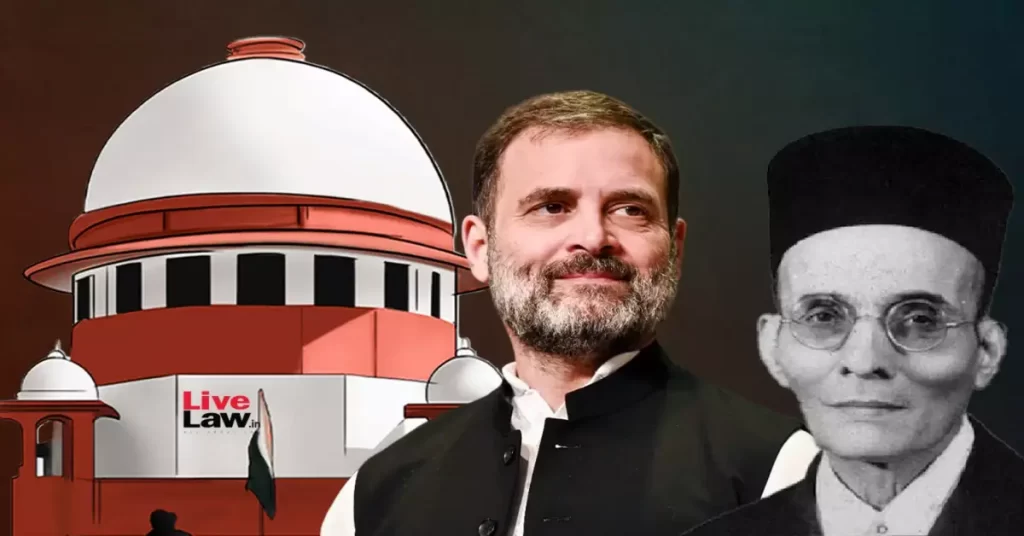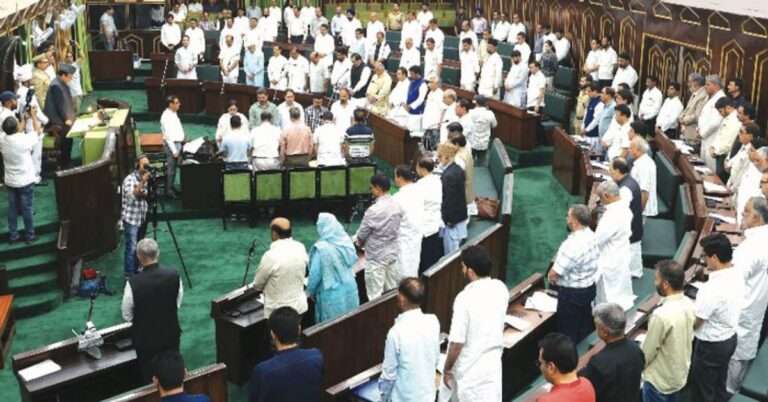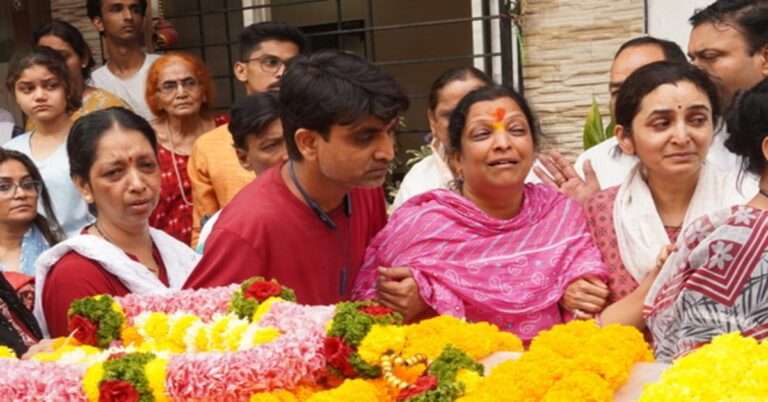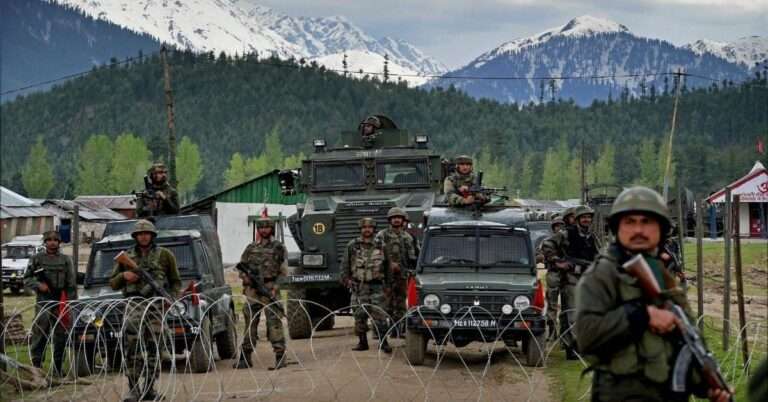
Supreme Court Slams Rahul Gandhi for Comments Against Savarkar
Supreme Court Slams Rahul Gandhi for Comments Against Savarkar
Do you often find yourself intrigued by the intersection of politics and history? If so, you might have come across the recent controversy surrounding Congress leader Rahul Gandhi’s comments about Vinayak Damodar Savarkar. The Supreme Court’s response to Gandhi’s statements sheds light on the complexities of honoring freedom fighters while navigating modern political discourse.
Understanding the Context:
Vinayak Damodar Savarkar, also known as Veer Savarkar, was a prominent freedom fighter who played a key role in India’s struggle for independence. His contributions to the freedom movement are well-documented, making him a revered figure in Indian history. However, his legacy remains a subject of debate and controversy, with differing opinions on his ideologies and actions.
Rahul Gandhi’s Remarks:
In a public speech, Rahul Gandhi made certain comments about Savarkar that sparked outrage and legal action. His remarks drew criticism from various quarters, with many questioning the intent and implications of his statements. Some viewed his comments as disrespectful towards a freedom fighter, while others defended his right to freedom of expression.
The Supreme Court’s Response:
The Supreme Court’s intervention in this matter signifies the judicial scrutiny of public statements made by political leaders. In a significant development, the court rebuked Rahul Gandhi for his comments against Savarkar and directed him to face the defamation case filed against him. This move demonstrates the court’s commitment to upholding the dignity and respect of national icons, especially those associated with India’s freedom struggle.
Reflections on Freedom Fighters:
The episode involving Rahul Gandhi and Savarkar prompts us to reflect on the treatment of freedom fighters in contemporary times. How should we honor and commemorate the sacrifices of those who fought for our freedom? Are there boundaries to freedom of speech when it comes to discussing historical figures? These questions underscore the delicate balance between honoring our past and engaging in present-day debates.
Lessons in Political Discourse:
The Supreme Court’s stance on Rahul Gandhi’s comments serves as a reminder of the responsibilities that come with political discourse. While expressing opinions is a fundamental right, it is crucial to exercise caution and sensitivity when discussing sensitive topics such as national heroes. Respect for differing viewpoints and a commitment to constructive dialogue can enhance the quality of public debates and foster mutual understanding.
Looking Ahead:
As we navigate the complexities of honoring freedom fighters and respecting diverse opinions, it is imperative to uphold the values of dignity and civility in public discourse. By engaging in thoughtful conversations and acknowledging the nuances of history, we can contribute to a more inclusive and respectful society. The Supreme Court’s intervention in the case involving Rahul Gandhi and Savarkar serves as a timely reminder of the need to approach sensitive issues with care and integrity.
In conclusion, the controversy surrounding Rahul Gandhi’s comments about Savarkar highlights the complexities of discussing historical figures in modern political discourse. The Supreme Court’s response underscores the importance of upholding the honor and dignity of national icons while respecting freedom of expression. By reflecting on the lessons learned from this episode, we can strive to engage in more constructive and respectful dialogues that honor the sacrifices of our freedom fighters.




